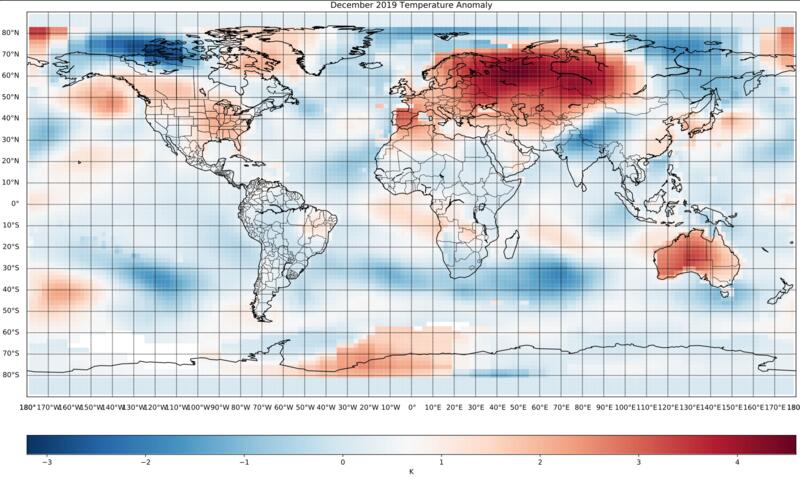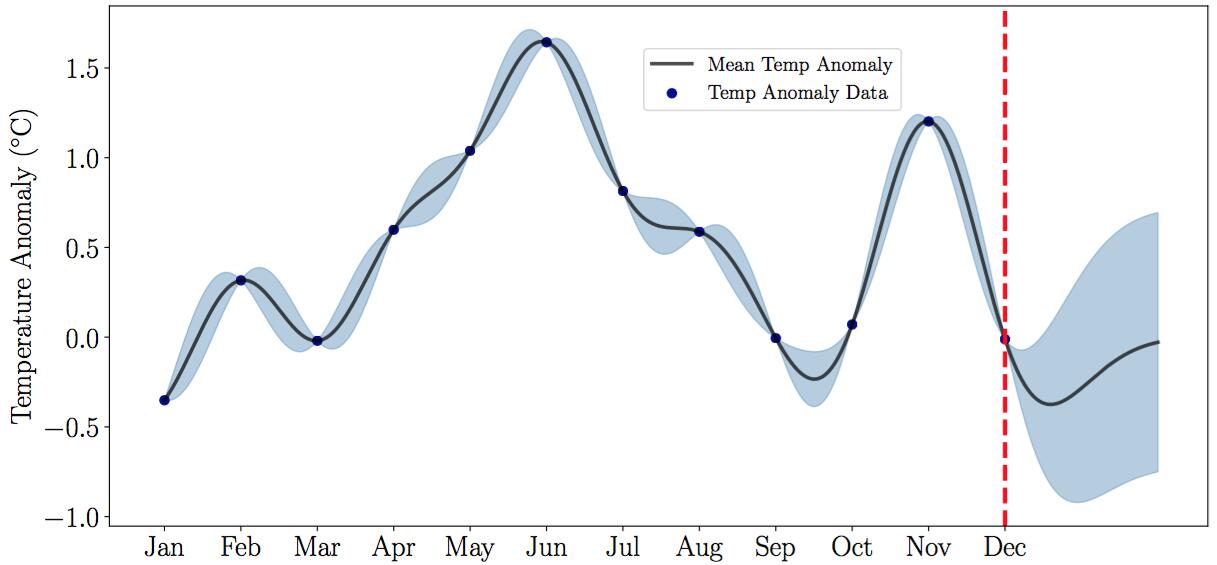I am a Research Scientist at Microsoft Research Lab, Cambridge, working in the Mixed Reality and AI field. I have completed a PhD in Machine Learning for Astronomy at Jodrell Bank Centre for Astrophysics (JBCA), the University of Manchester. I worked under the supervision of Prof. Benjamin Stappers and Dr Rob Lyon and my PhD research was supported by UK Newton Fund as part of the Development in Africa with Radio Astronomy (DARA Big Data) project. My research interests include developing automated pipeline using machine learning for classification purposes in image domain (Computer Vision) & time domain Astronomy (temporal analysis) and in imbalanced machine learning problems. I am also a Global Ambassador at WomenTech network.
In addition, I have a strong zeal in developing machine learning algorithms for sustainability development using geospatial data. More specifically tackling climate change problems, for instance, land cover mapping problems, risk analysis of certain regions using geospatial images (flooding, heatwaves, wildfires ...) and performing temporal anaylsis of Greenhouse Gas (GHG) emission at various geolocations using satellite data.
Moreover, I also undertake some Natural Language Process (NLP) projects involving automated process of understanding and interpreting unstructured data, for example, - sentences & word count, - frequency of unique word, - N-grams: use of content-tagging & word prediction, - Text scoring: output polarity & subjectivity.
My Background
Born in Mauritius, a tropical and paradise Island, I did my undergraduate studies in Physics at the University of Mauritius. Afterwards, I have been awarded two prestigious awards: the Square Kilometre Array (SKA) and North-West University Master bursaries, where I embarked on an MSc in Astrophysics and Space Science at the University of Cape Town and North-West University.
Experience
1. Research Scientist (May 2022 - Present) - Microsoft Research Lab, Cambridge, UK
The Microsoft Mixed Reality & AI Lab – Cambridge sits at the forefront of research, hardware, and software development in the field of social presence in mixed reality. The mission is to build the technology that powers Microsoft Mesh, spanning the spectrum from avatars to holoported representations of people, and from research prototypes to shipping product...
2. Post-Doc Scientist (July 2021 - April 2022) - Microsoft Research Lab, Cambridge, UK
Applied a classification model for predicting facial attributes corresponding to human faces (hair-style, glasses, facial haie-style, eyebrows, and head wear.
3. Research Intern (April 2021 - June 2021) - Microsoft Research Lab, Cambridge, UK
Developped temporal prior models (autoregressive forecasting algorithms) to improve face tracking API.
4. Consultant: Lead Data Scientist (Nov 2019 - Jan 2021) - Arcturus ESG Ltd, London UK
A FinTech firm: analysing and evaluating climate, sustainability and the associated financial risks using machine learning to generate actionable insights from vast data sets.
Project 1: Pixel-wise classification using machine learning techniques
- Use the Landsat 8 Surface reflectance data (30m resolution).
- Using Quantum Geographic Information system (QGIS) to annotate pixels in the images into categories, water, farm, forest…
- Feature Engineering approaches: Normalized Difference Vegetation Index (NDVI), Normalized Difference Water Index (NDWI) and Normalized Difference Build-Up Index (NDBI).
- Use Random Forest algorithm and perform classification.
![]()
Project 2: Analysing Greenhouse Gas emission over point locations
- Use Sentinel 5P dataset.
- Develop an automated pipeline to query data for Greenhouse Gas emission at point coordinates using Google Earth Engine (GEE) platform.
- Develop a machine learning approach using Gaussian Process for analysing the variation in greenhouse gas emission over a period of time. Uncertainty quantification is an important output from the model.
Project 3: Exploring World Resource Institute (WRI) Data
- Query global power plant, more specifically oil, gas and coal power plants.
- Develop a name-matching algorithm using Natural Language processing (NLP) techniques to match names of global power plants from WRI data to CDP Climate Change questionnaire. Based on the scoring, extract power plant capacity.
- Compute Emission intensity for each power plant. Assign a Grading level to each plant based on the emission intensity.
Project 4: Time-series analysis for Temperature Anomaly

- Using the GISS Surface Temperature Analysis data (NedCDF format), extract temperature at point coordinates and analyse over a period of time using machine learning techniques.

5. Machine Learning Researcher (May 2018 - April 2021) - The University of Manchester, Manchester UK
My research was mainly focused on the development of various machine learning softwares that can quickly and efficiently provide classification labels for several new object classification challenges for large-scale surveys. These softwares are integrated in optical (MeerLICHT) and radio (MeerKAT) telescopes. This is fundamentally important for various reasons. These surveys are already generating from petabytes to exabytes of data per day, therefore, it is crucial to have a rapid follow-up of detected objects and analysing most interesting candidates. Sifting through the gigantesque of data will be almost impossible for astronomers, therefore ML is helpful in reducing the human-labour which are admittedly error-prone and decreases the computational complexity.
6. Teaching Assistant (Sep 2018 - Jan 2019) - The University of Manchester, Manchester UK
Examination room and set-up computers for student to use during exams.
7. Education Officer (Jan 2015 - Jan 2016) - OCEP College, Mauritius
Responsibilities include mentoring lower and higher secondary students Physics, Mathematics, Biology and Physical Education.
Skills
- IT Skills: Python (PyTorch, TensorFlow, Keras, Scikit-Learn, Pandas, Numpy, Matplotlib), Latex, Matlab, Fortran, R, Microsoft Office (Word, Excel, Powerpoint).
- Cloud Computing: Microsoft Azure ML, AWS (beginner), and Google (beginner).
- Project Management: Scrum Master using Scrum Methodology with Trello as platform and Slack.
- Machine Learning methods: Multi-step, single-step, autoregressive multi-output forecasting models using 1D CNN, Pixel-based image classification using Random Forest, Support Vector Machines, Localization and detec- tion of objects using 2D CNN, classification and time-series modelling using Kernel Methods.
- Geospatial projects: Google Earth Engine, Climate Data Store toolbox,
- NLP projects: NLTK, SpaCy,
- Interests: Sustainability development, FinTech, Health Care, climate change and Renewable Energy research, Image & Big Data Analytics, and Statistics